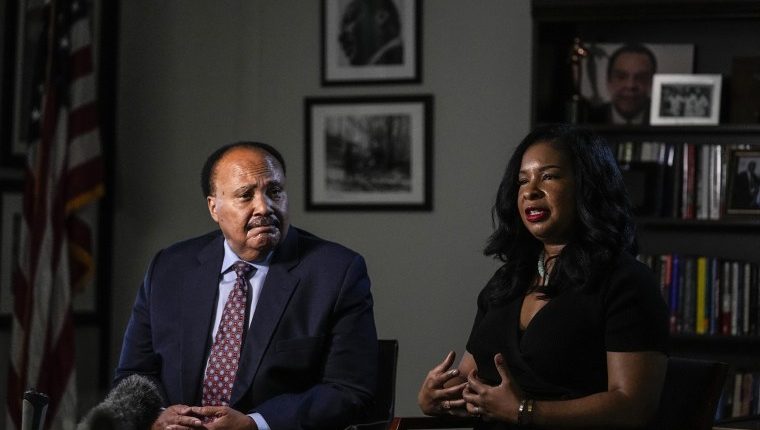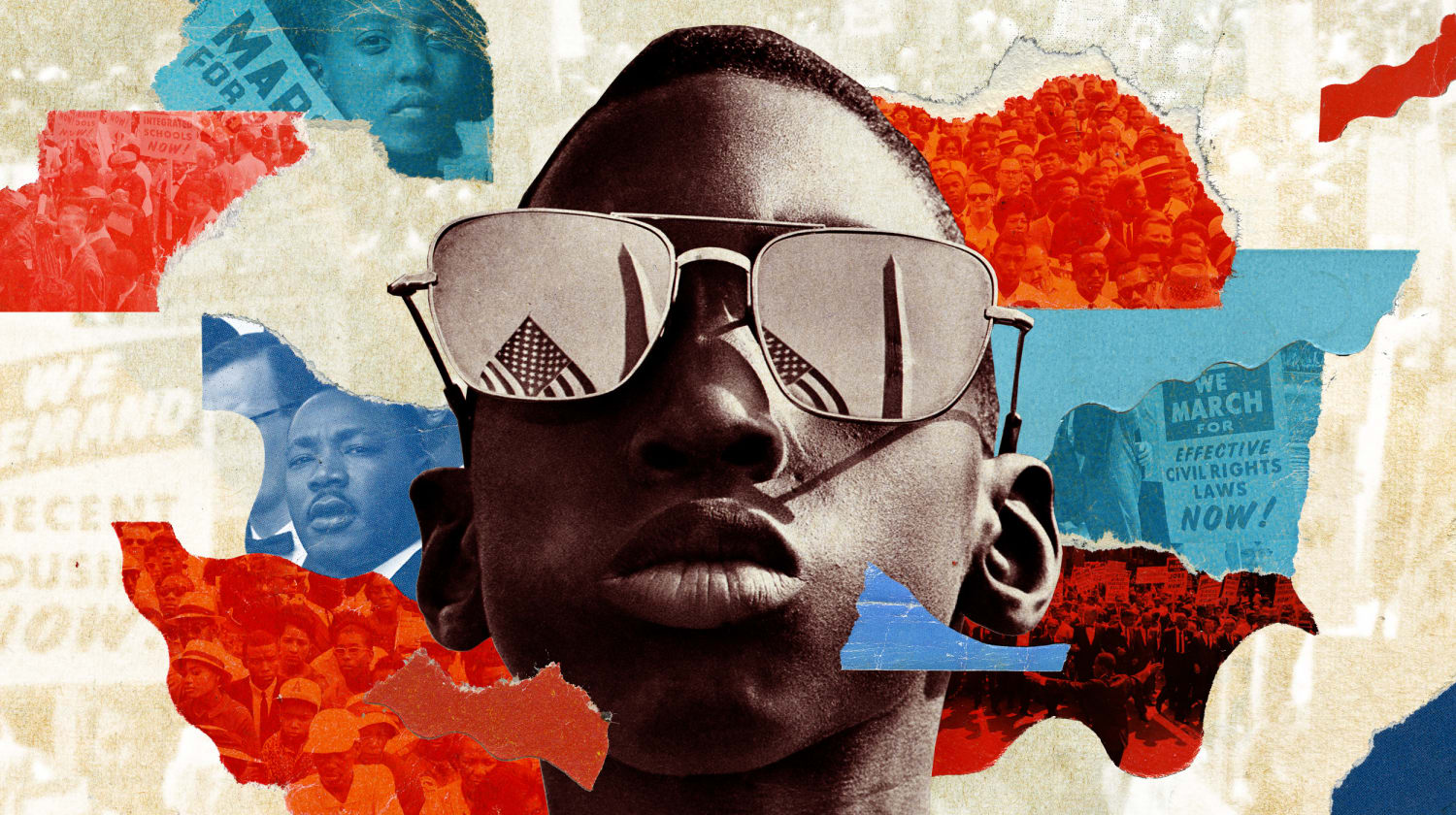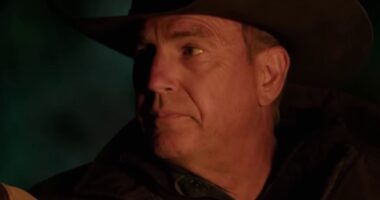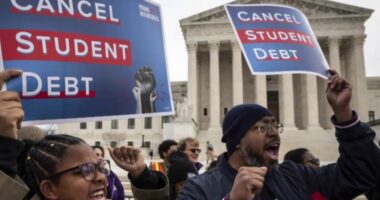On Aug. 28, 1963, a sea of humanity more than 250,000 strong converged near the Lincoln Memorial for the March on Washington for Jobs and Freedom.
On that sweltering summer day, the multiracial crowd hoisted signs, and protest songs filled the air. A parade of speakers — among them activist John Lewis and Daisy Bates, who strategized the integration of Little Rock, Arkansas, schools in 1957 and was the only woman on the program to speak — rallied freedom’s cause. And when Martin Luther King Jr. delivered the now-iconic “I Have a Dream” speech, its seismic message about ending racial segregation would reverberate across the nation and around the world.
“No, no, we are not satisfied,” King told the crowd during what would become one of the landmark occasions of 20th-century America, “and we will not be satisfied until justice rolls down like waters, and righteousness like a mighty river.”
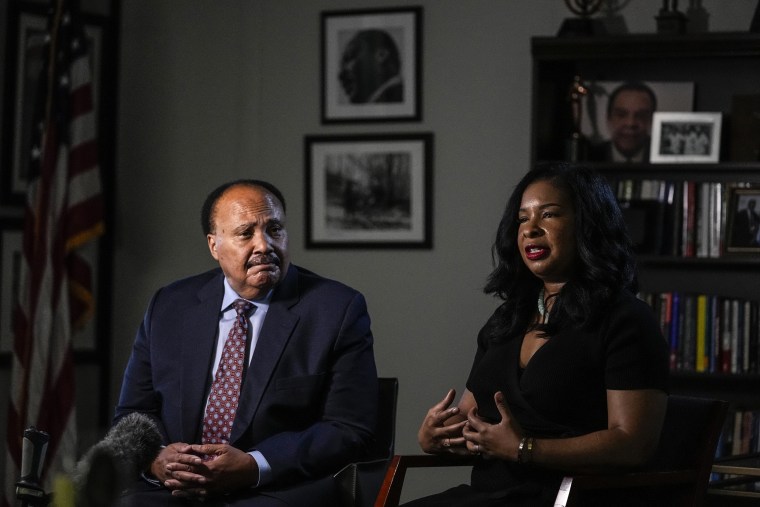
Decades later, an event to mark the 60th anniversary of the March on Washington is scheduled this Saturday with the theme “Not a Commemoration, a Continuation.” While the 1963 demonstration centered around civil rights, jobs and economic opportunities, Saturday’s event will also address a range of issues including threats to democracy, criminal justice reform and voting rights.
“Despite the significant progress we have made, we need to rededicate ourselves to the mission my dad gave his life for,” said Martin Luther King III, the eldest son of the slain civil rights icon and the late Coretta Scott King. “We have to do better. This anniversary gives us the opportunity to not just commemorate his historic calling, but to continue his efforts to make life better for everyone.”
King and his wife, Arndrea Waters King, head the Drum Major Institute — a think tank based on the elder King’s principles — and they are organizing the march with the Rev. Al Sharpton, president of the National Action Network, a civil rights organization, in tandem with more than 100 partners.
They’ve enlisted a broad coalition — from civil rights organizations to groups representing Black, Latino, Asian American, Jewish, LGBTQ, women, labor, clergy and other constituencies. The collective goal: forwarding the work necessary to elicit peace, justice and equity.
“We’re still marching because civil rights are under erosion, and the rights of far too many Americans are under relentless attack. Hate crimes are rising, and I’ve presided over so many funerals after police killings,” said Sharpton, who hosts “PoliticsNation” on MSNBC. “There is a concerted effort to undermine our democracy. There are many working to peel away these rights and suppress our history.”
The original march was conceived by labor leader A. Philip Randolph and Roy Wilkins, then the executive secretary of the NAACP. Bayard Rustin, who worked in tandem with Randolph, was pivotal in executing the march.
Source: | This article originally belongs to Nbcnews.com
